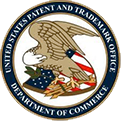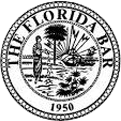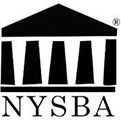What is Copyright?
Copyright is a statutory or common law right of authors, artists, and developers (or other holders of a copyright) to publish their works, and to prevent others from copying their works.
What type of work can be protected by Copyright?
A creative work can be almost anything - a book, a song (lyrics and melody), a picture, a photograph, a poem, a phrase, a fictional character, a film, a play, computer programs, a design, including architectural designs, etcetera. For a more thorough list, visit the U.S. Copyright Office.
What is Copyright Infringement?
Copyright Infringement includes the unauthorized or unlicensed copying of a work that is subject to copyright.
Do I have to register my Copyright?
No publication or registration or other action in the Copyright Office is required to secure copyright. Copyright is secured automatically when the work is created. A work is created when it is fixed in a tangible form for the first time.
Why would I want to register my Copyright?
Copyright registration provides numerous advantages, for example, before an infringement suit may be filed in court, registration is necessary for works of U.S. origin.
Do I have to provide notice of my Copyright registration?
The use of a copyright notice © is no longer required under U.S. law, although it is often beneficial.
Is my work copyrighted work protected outside the U.S.?
Protection against unauthorized use in a particular country depends on the national laws of that country. International copyright treaties and conventions provide further protection.
Does Copyright protect an author's creative ideas?
No. Copyright protects only fixed, original and creative expression and not the ideas or facts upon which the expression is based.
What is "Fair Use"?
Fair use is copying of copyrighted material for a limited purpose, such as to provide a commentary, criticism or parody. Fair use does not require the permission of the copyright owner. Thus, fair use is essentially a defense against copyright infringement.
What does it mean to say that work is in the public domain?
When a work is said to be in the public domain, it means that the public owns the work. Anyone can use a public domain work without obtaining permission, but no one can ever own it.
When is work in the public domain?
Work may arrive in the public domain in the event of an expiration of copyright; a failure to renew copyright protection or a deliberate placement by the owner in the public domain, as with a dedication.






 Print
Print Bookmark
Bookmark